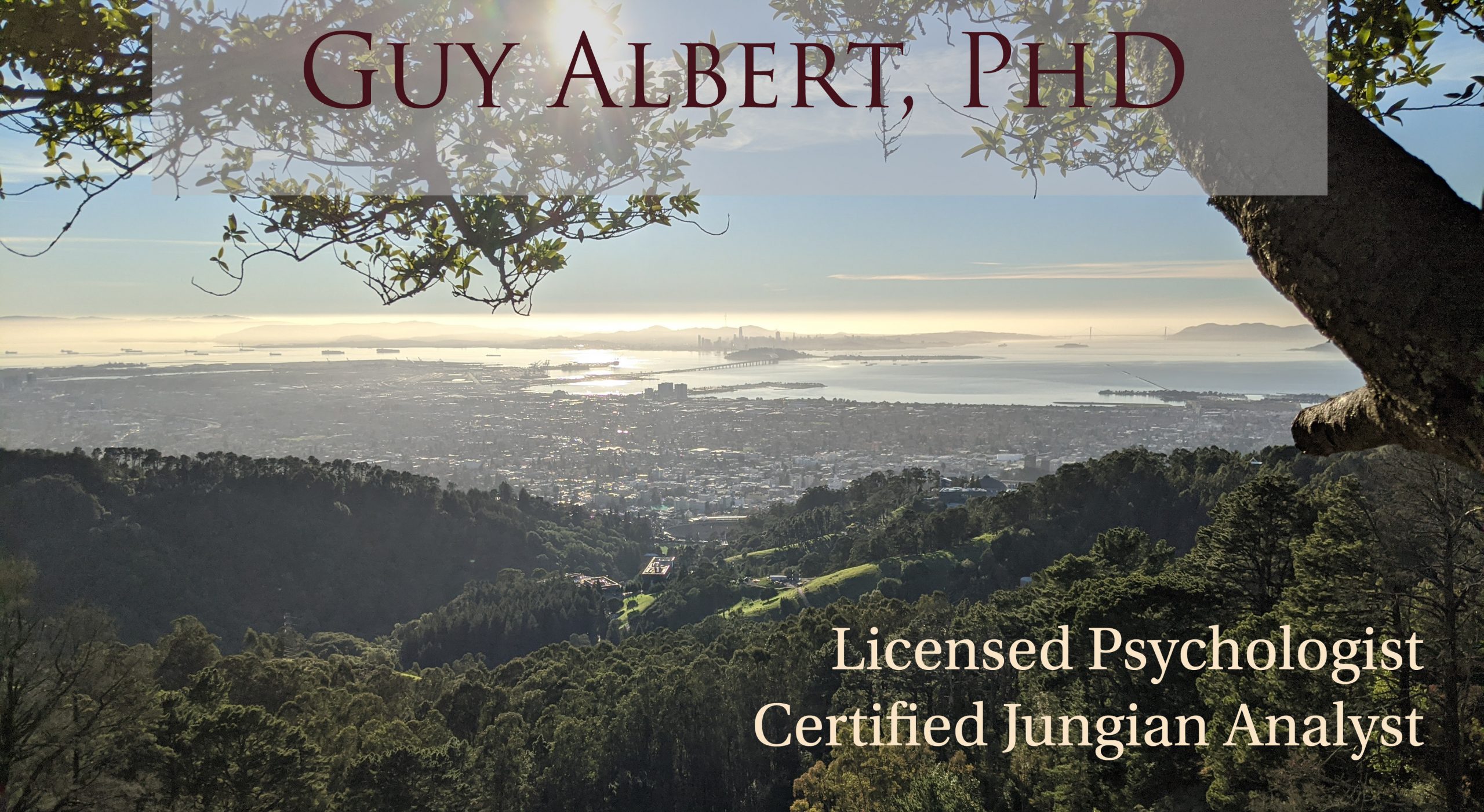Spiritual Emergenices, Existential Crises, Psychic Phenomena
Some of us are gifted with an incredible sensitivity to our environment. We might experience reality, or what psychologists call “consensus reality,” in a different way. Our sensitivity might also show up through strange dreams, odd intuitions, intense feelings, or strange physical sensations. This kind of sensitivity can present itself in a number of ways. It can be intensely brief and chaotic or long-standing and variable, and it can come with different symptoms ranging from unusual sensory experiences, confusion and disorientation, extreme anxiety and vulnerability, to electrical currents throughout the body or apocalyptic visions. Some have decided to call this experience “spiritual emergency.”
Though we may have been sensitive for a long time, things can intensify when a significant life event happens, such as the death of a loved one, a traumatic incident, or a change in home, career, or relationship. The use of psychedelic or other drugs, including cannabis, can also cause such a spiritual emergency. Also, people who explore intensive spiritual practices can be at risk of having a spiritual crisis. This can happen when a person suddenly immerses themselves in a different and unusual practices and are suddenly flooded with unusual psychic material.

Most psychotherapists are untrained in the proper diagnosis of such spiritual or existential crises, otherwise known under a number of other terms: spiritual emergency, psychic phenomenon, shamanic crisis, Kundalini awakening, psychic opening, episode of unitive consciousness, near-death experience, possession or high-arousal state, and altered state of consciousness, to name a few.
Modern psychiatry might diagnose some of these experiences as brief psychotic episode, bipolar disorder, schizophrenia, depression with psychotic features, dissociative disorder, depersonalization, derealization, or panic disorder. The purpose of my dissertation research was to explore these phenomena from a broad and open perspective, with a willingness to learn from the people who have had these experiences. I was especially intrigued with and interested in those who had integrated these experiences in finding meaning and purpose in their lives. This seemed especially useful in helping others who may be undergoing similar experiences find the same kind of rich meaning and purpose for their own experiences.
With patience and persistence, and with the right kind of help and support, these crises can be integrated into a person’s life, enhancing their outlook on themselves and the world.
